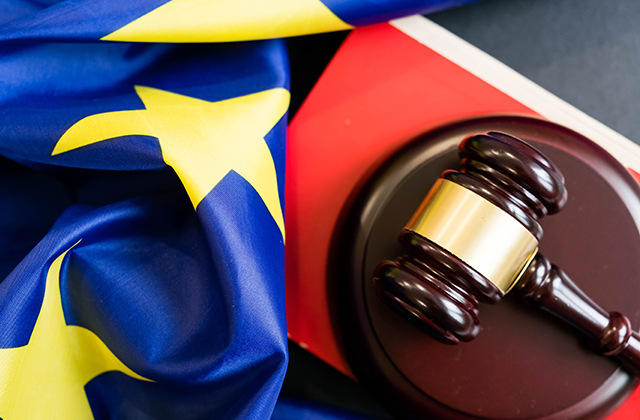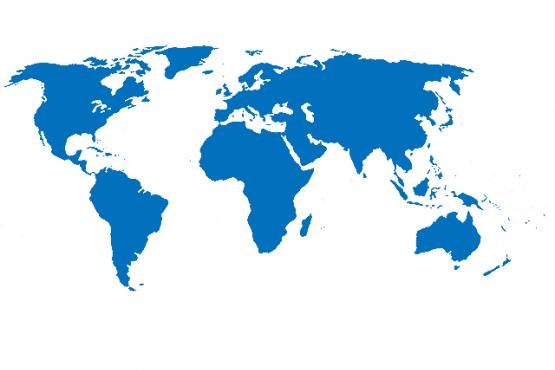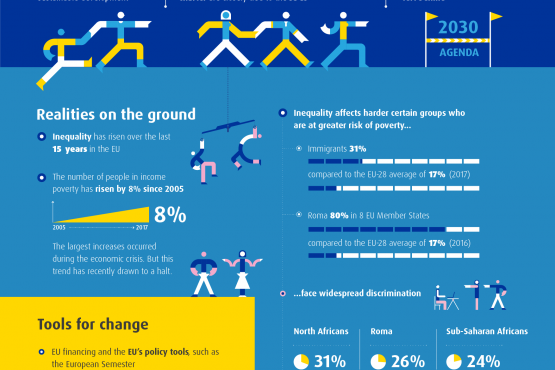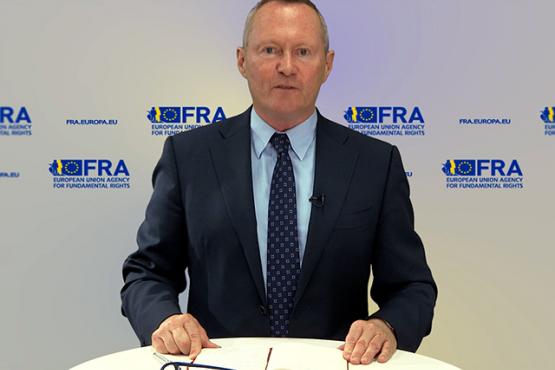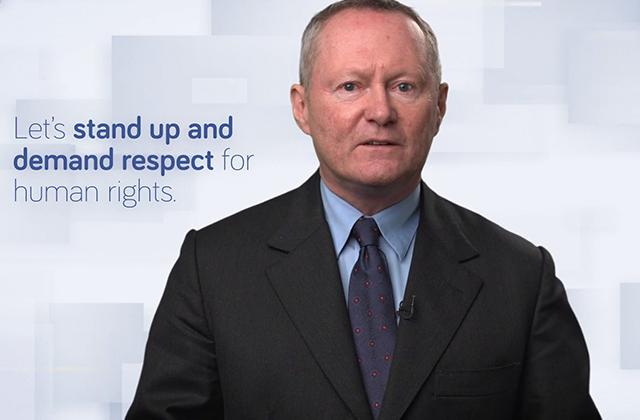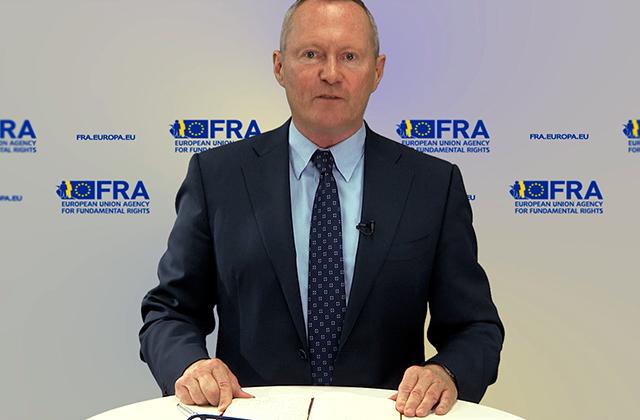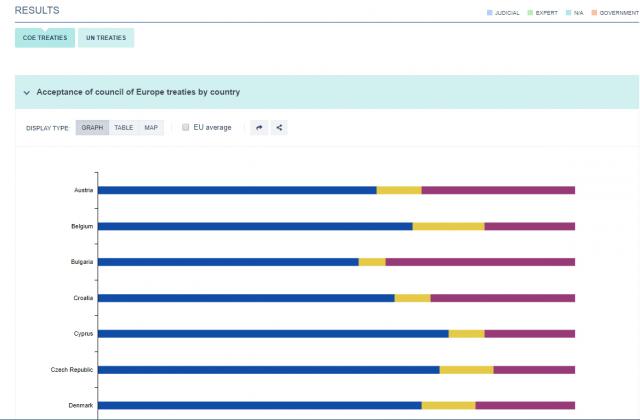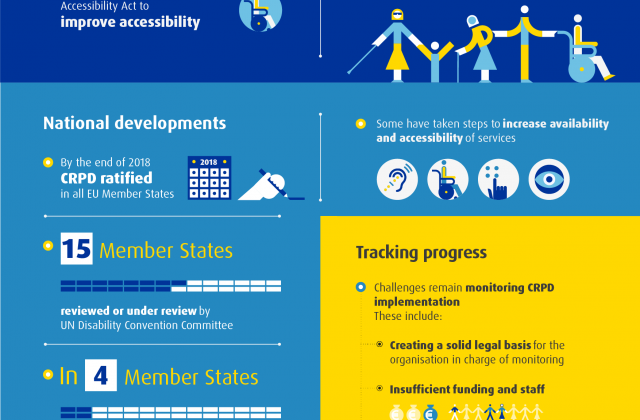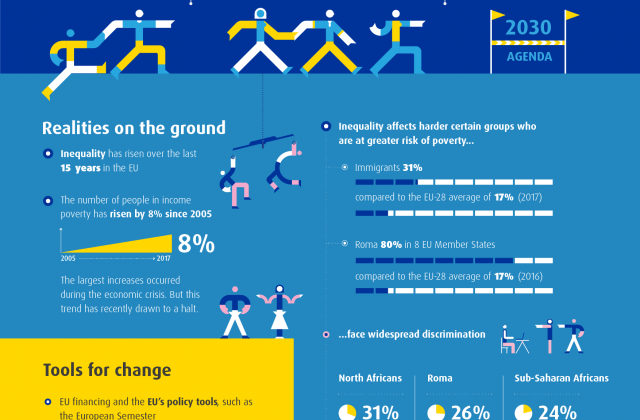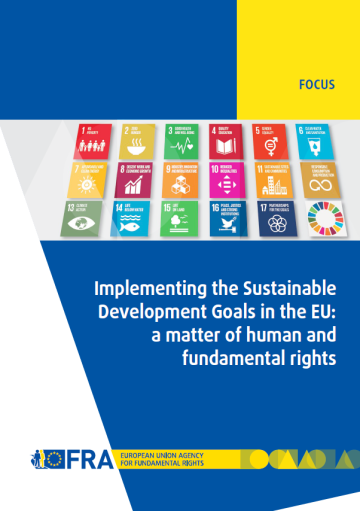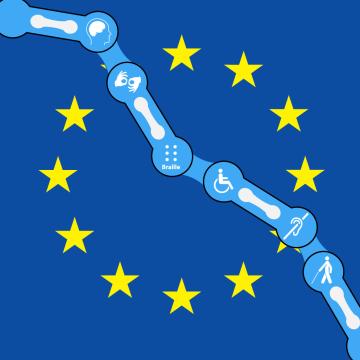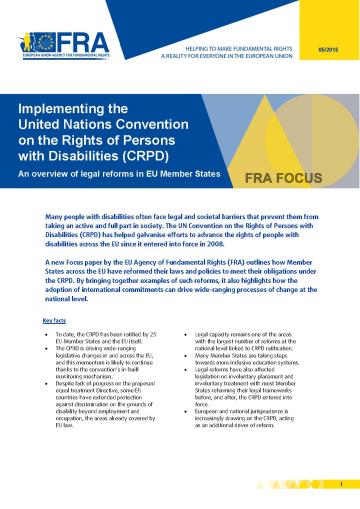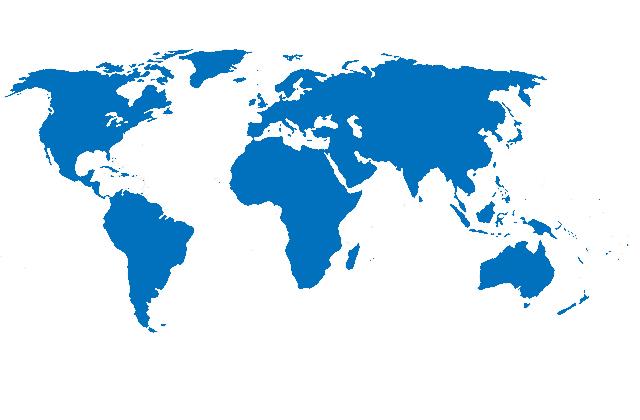Mellemstatslige menneskerettighedssystemer
Highlights
- Report / Paper / Summary12December2025As the EU prepares to join the European Convention on Human Rights (ECHR), this report outlines the main changes that accession would bring, offering an overview of the legal and operational implications. Presented in a Q&A format, it provides answers to 19 key questions for legal professionals and a broader audience. It describes the steps needed to conclude accession, the expected benefits for protecting rights, and some of the challenges that may come up. This legal analysis contributes to the current discussions on EU accession.
- PageAgenturet samarbejder med De Forenede Nationer (FN), Organisationen for Sikkerhed og Samarbejde i Europa (OSCE), Europarådet og andre internationale organisationer. Dette samarbejde er en del af FRA’s oprettelsesforordning og omfatter eksperthøringer, konferencer og seminarer samt data- og informationsdeling. Samarbejde skaber synergier og optimerer ressourcer, således at dobbeltarbejde undgås. Det bidrager også til at sikre, at de enkelte organisationers arbejde supplerer hinanden, således at anbefalinger og rådgivning i højere grad stemmer overens.
- InfographicFundamental Rights Report 2019: Implementing fundamental and human rights helps create a sustainable future.
Here the EU plays a key role. - VideoThis video statement by FRA Director Michael O’Flaherty was recorded for the e-conference "70 years of the European Convention on Human Rights and Fundamental Freedoms: challenges and prospects".

